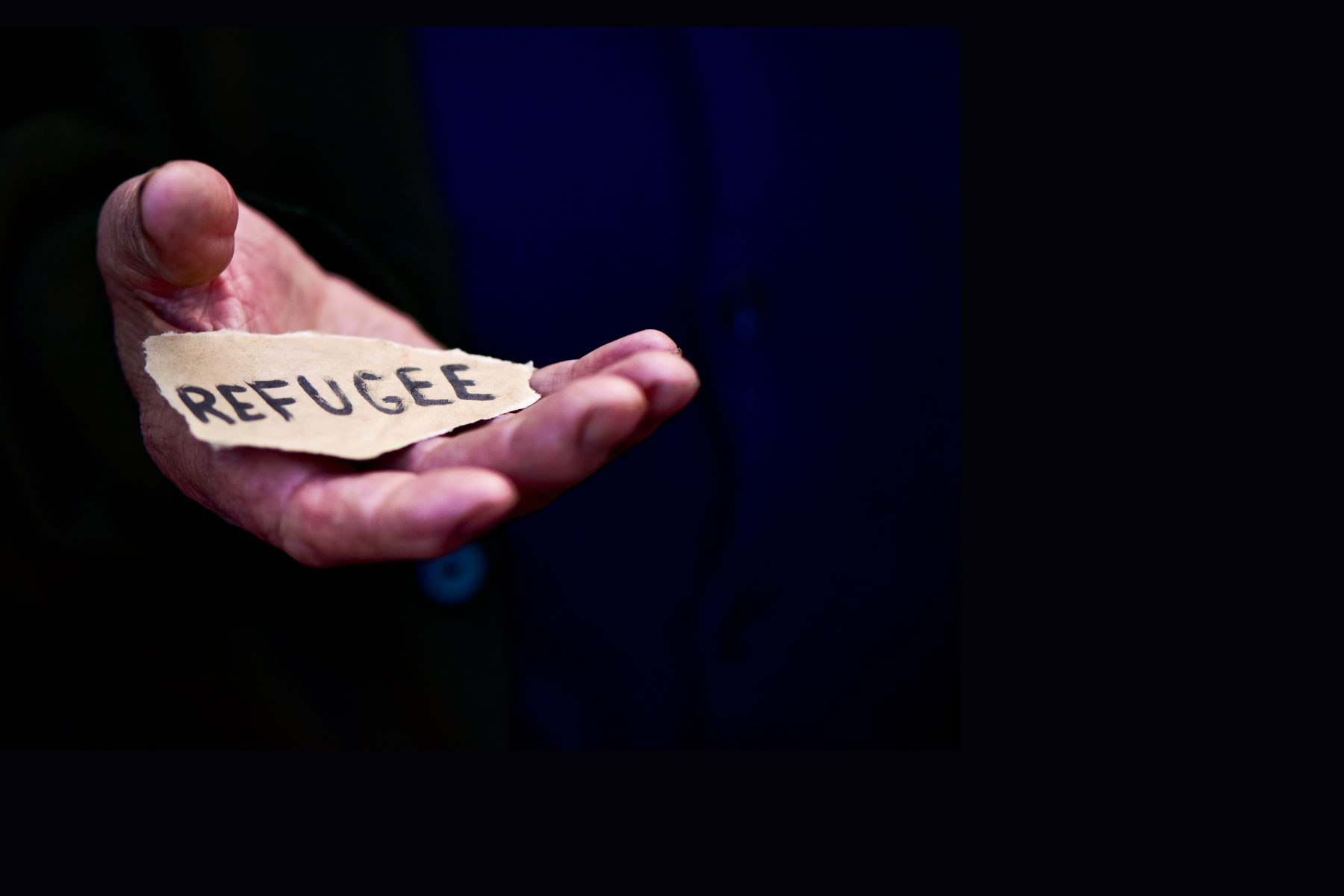Preparing for birth and life with a new baby can be an overwhelming experience for any expectant parent. But for displaced pregnant women and birthing people, this experience can be especially difficult and lonely. In this article Amanda Purdie from Amma Birth Companions describes the work they are doing to support parents in Glasgow, Scotland.
___________________________________________________________________________________________________
Improving Care for Asylum-Seeking Parents
People seeking asylum often face difficult and dangerous journeys to the UK, only to arrive here without access to the vital support needed to rebuild their lives.
Parents seeking refuge in the UK are not permitted to work and are forced to survive on just £5.38 per day, or as little as £1.24 per day in hotel accommodation.
People in the asylum process often cannot afford to attend antenatal appointments or buy nutritious food. Those who do not speak English struggle to understand information and make informed decisions about their care. In addition, the stress of the UK’s hostile asylum process can lead to overwhelming fear, anxiety, and deep-rooted insecurities.
At Amma Birth Companions, we aim to address these issues by ensuring that parents seeking sanctuary in Glasgow receive the care needed to birth safely and with dignity.
About Amma
Amma Birth Companions is a Glasgow charity that provides one-to-one support during pregnancy, labour, birth, and early parenthood. Our volunteer birth and postnatal companions are trained to deliver trauma-informed and culturally safe care to the clients we serve.
We offer ongoing peer support through our Amma Family programme, where parents and babies supported by Amma come together to share, learn, and cultivate community.
We aim to ensure that every parent we support can make informed decisions about their care and the care of their baby. We do this through 1-1 birth preparation and the provision of trauma-informed group antenatal classes.
Our clients include those who are seeking asylum, refugees, survivors of human trafficking, and individuals from other marginalised groups. Most people we work with are newly arrived in Glasgow with limited access to support. This includes women and birthing people who have experienced any or all of the following:
- Complex trauma
- Domestic and gender-based violence
- Sexual abuse, sexual assault, or exploitation (a consequence of which may be pregnancy)
- Human trafficking
- Female genital mutilation (FGM)
Since becoming operational in May 2019, we have supported around 250 parents.
Barriers to accessing perinatal care
At Amma, we observe first-hand the multiple challenges faced by refugee women and birthing people.
Pregnant people in the asylum process face multiple barriers to accessing perinatal care. This includes things like:
- A lack of information about how to access healthcare
- Concerns about how having a child might affect their immigration status
- Avoiding appointments because of fears around birth — which is sometimes related to previous experience of sexual violence or torture
- Worries about the baby being taken away
- Fears about giving birth alone
- Struggles to afford transportation to and from appointments when living on less than £6/day (or just £1.24/day for those in hotel accommodation)
- Language barriers and lack of effective translation services
Pregnant women in the asylum process also face the stark reality that, across the UK, Black, Asian, and mixed ethnicity women experience overall poorer health outcomes and worse experiences of care within the NHS than white women. National statistics continue to highlight the gravity of these racial disparities — with Black women up to four times more at risk of dying during or soon after childbirth than our white counterparts.
On top of this, women from migrant backgrounds are up to twice as likely to suffer postnatal depression than their UK-born counterparts.
The role of healthcare providers
At Amma, we’re working hard to improve birth outcomes and experiences for migrant women and birthing people — but we can’t do it alone. Midwives and other healthcare professionals also have a vitally important role to play in delivering culturally sensitive, trauma-informed care to individuals in the asylum process.
Here are just some of the way care providers can ensure women seeking sanctuary are supported to birth safely and with dignity:
- Provide interpreters for all women who are unable to speak or understand English. Ensure staff are trained in how to effectively use translation services. Only provide written resources to patients in a language they can understand, and do not assume they are able to read.
- Allocate extra time for appointments, especially when an interpreter is present. Allow plenty of time for questions and discussion.
- Provide careful explanations about confidentiality, ensuring patients understand that no information will be shared with the Home Office.
- Take part in cultural competency training and learn more about the specific experiences of asylum-seeking parents.
- Be trauma-informed and actively seek to avoid re-traumatisation. Gain informed consent for all procedures, no matter how ‘minor’ they may seem. Take time to explain the benefits, risks, and alternatives to whatever intervention is being offered. Ensure women know they can decline any procedures, including vaginal examinations. Go slowly and listen carefully.
- Report and challenge any poor attitudes and practices.
- Build formal partnerships with community groups and asylum support organisations, where you can refer patients for additional support.
At Amma, we believe that a little bit of unconditional support can go a long way — and that we can all play a part. Together with healthcare providers, we have the power to create a healing, nurturing environment where birthing people and their babies can thrive.
Find out more
For more information about training and best practice guidelines in relation to caring for pregnant people in the asylum process, see City of Sanctuary’s Maternity Stream of Sanctuary. The RCM also has a useful pocket guide, ‘Caring for Vulnerable Migrant Women’.
To learn more about Amma and how to support our work, visit our website or connect with us on Instagram, Facebook, or Twitter.
Amanda Purdie
Amma Birth Companions
January 2023


